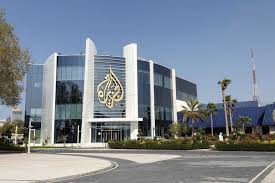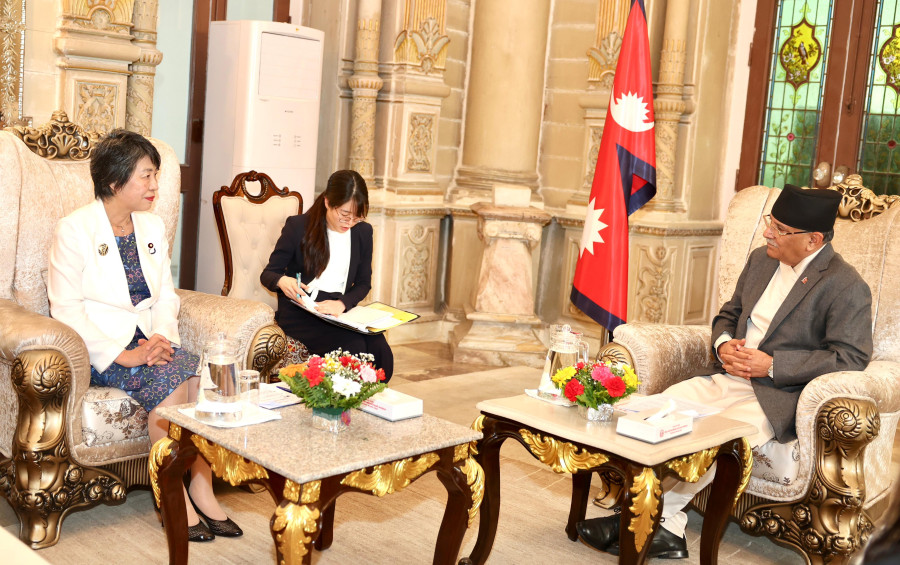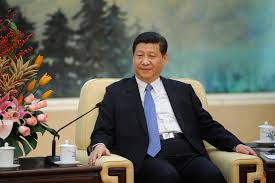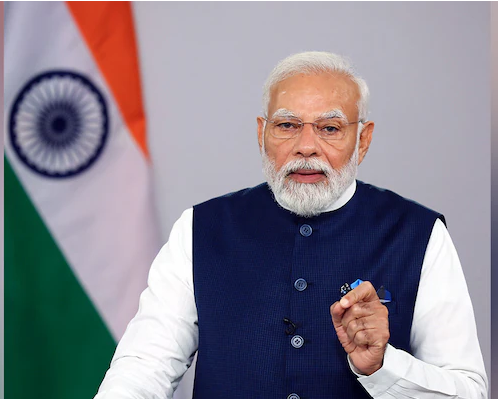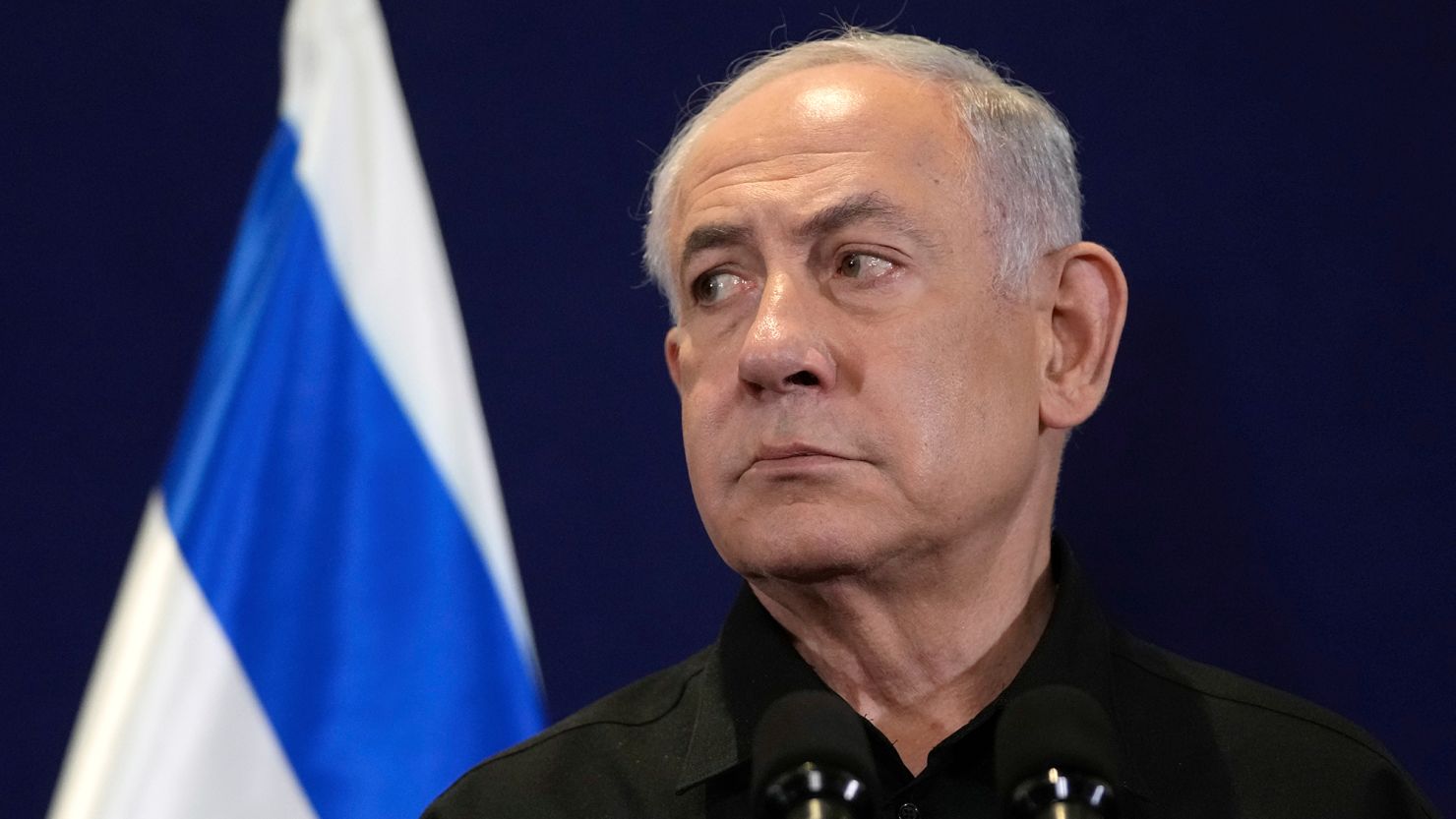Egypt boosts economic resilience: Inks $8 billion IMF deal

NEW DELHI: To address its severe economic challenges, Egypt has inked an expansive $8 billion loan agreement with the International Monetary Fund (IMF).
The deal marks a more than doubling of the existing rescue program, following extensive efforts, including a substantial devaluation and a noteworthy interest-rate hike, reflecting Egypt's efforts to tackle its worst foreign-currency crunch in decades.
The $3 billion, 46-month Extended Fund Facility that was first negotiated with the IMF in December 2022 is being expanded by this agreement.
This program faced delays as Egypt temporarily reverted to a tightly managed exchange rate system and encountered challenges in divesting state assets and bolstering private sector roles.
The latest deal is a vital step towards Egypt's economic recovery, addressing the fallout from the war in Ukraine and subsequent investor pull-out, which exposed the nation's financial vulnerabilities.
To complement the IMF deal, Egypt is also seeking an additional loan from the IMF's Resilience and Sustainability Facility, designed to promote climate transition financing.
Prime Minister Mostafa Madbouly revealed the anticipated amount for this separate loan as $1.2 billion.
A Reuters report cited Ivana Vladkova Hollar, the IMF's Egypt mission chief, who emphasised the sustainable move towards a unified market-determined exchange rate, stating, "under this framework, you would observe not just devaluations, but you would observe two-way movements in the exchange rate as it moves in response to economic conditions."
The IMF highlighted policy discussions centred on commitments to a flexible exchange rate, fiscal consolidation, and reforms to eliminate privileges for state-owned enterprises.
Egypt's economic policies, including major projects like a new capital city east of Cairo, have been a focal point under President Abdel Fattah al-Sisi.
These projects, aimed at job creation and economic growth, have faced scrutiny amid Egypt's surging debt burden.
The recent deal, less than two weeks after Egypt's agreement with the Emirati sovereign wealth fund ADQ, adds momentum to the nation's economic recovery efforts.
While the devaluation may lead to short-term inflation concerns, Egypt's officials, including President Abdel-Fattah El-Sisi, believe that these reforms will attract foreign investors and ultimately bring an end to the country's worst economic crisis in decades.


